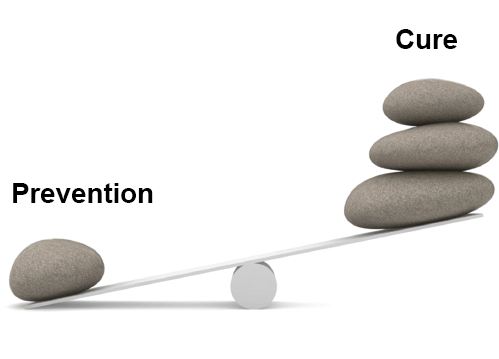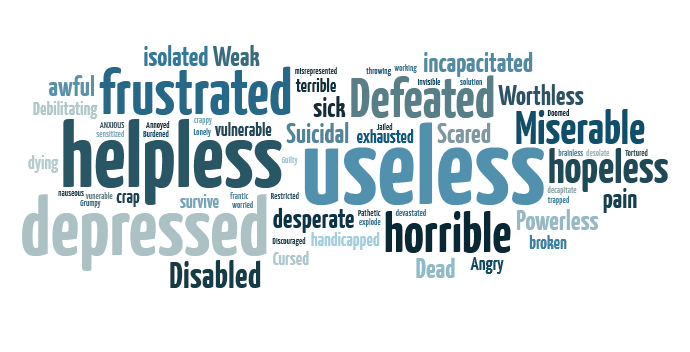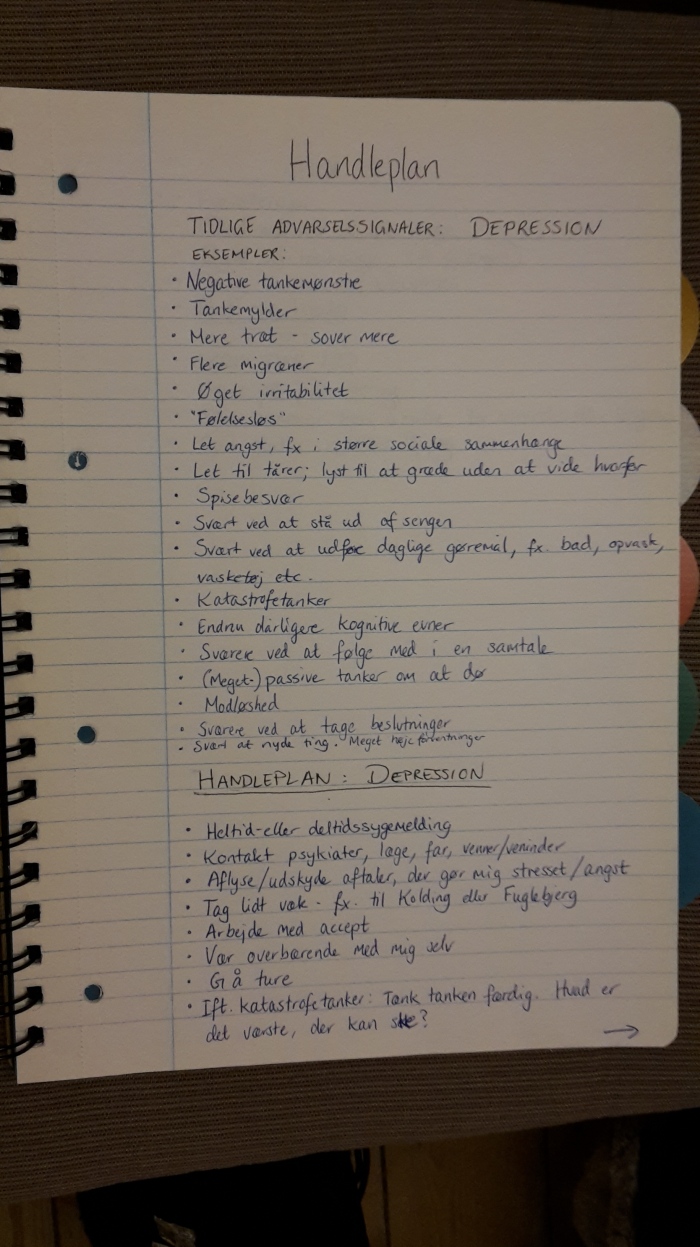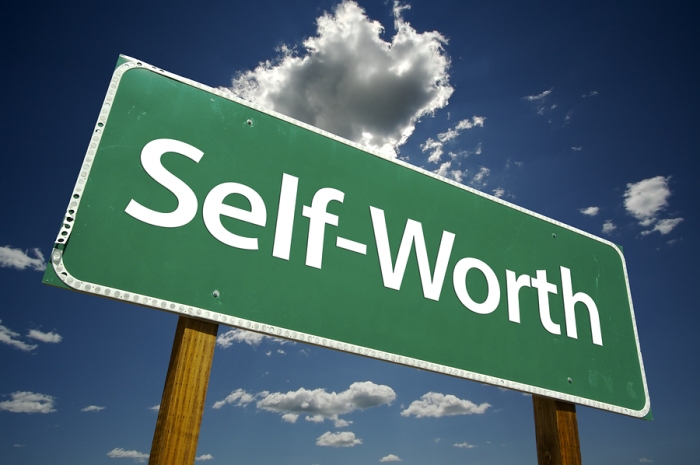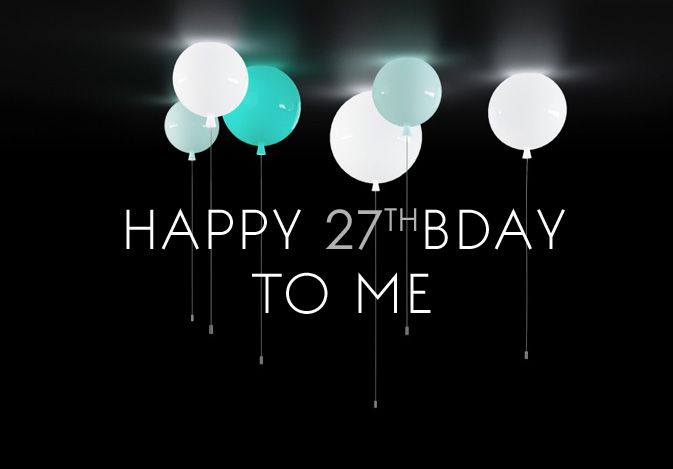Don’t feel like reading? Listen to the audio version here:
This is a long one, folks, so I’ve decided to divide it up into two parts.
Enjoy!

In the beginning of 2018, I decided to start my own private tutoring company.
First, here’s why:
MentorDanmark
About 3-4 years ago, I worked for a company called MentorDanmark. MentorDanmark provides tutoring for students in ‘folkeskolen’ (which is like primary and lower secondary school) and ‘gymnasiet’ (higher secondary / high school). So basically from ages 6 to 19. The mentors are all university students, or students of other types of higher education. Another requirement is that they need to have top grades from ‘gymnasiet’ in the subjects that they would like to teach. So, for instance, I wanted to teach English and Danish, so I needed top grades in those. Their screening process is substantial, and it’s only gotten more comprehensive since my time working there.
I loved working for MentorDanmark. I had students ranging in ages from 12 to 18. They have a pairing process to match mentor with student, based on interests, subjects, location, etc. So this is basically how it works (or at least how it worked in my time):
- MentorDanmark finds a match.
- Mentor, student, and student’s parents have a non-committal meeting, where you talk about what the student’s goals are, and see if there’s a good teacher-student chemistry.
- Mentor and student are matched.
- Sessions are usually 2 hours twice per week, and usually take place either 1) at the student’s residence, 2) at a library, 3) at their school.
- Student provides material from school. Mentor can also bring in relevant material.
- Let the sessions begin!
That’s how it was back in 2015, at least. Seems to be the same basics today.
So we’re dealing with high-quality tutoring for kids who are having a tough time with certain subjects at school. Most of these kids have agreed with their parents to get a mentor, often even suggested it themselves. I remember one of my students, Carla, was so wonderful and sweet, and super motivated. She would almost always be prepared for our sessions, and was eager to learn. And she was very proud of having a mentor; she thought it was so cool. Once, I was on my way home from a session with a student, who lived in the same town as Carla, and we bumped into each other at a bus stop. She was with her classmates, returning from a field trip, I think. She was really happy to see me, and told everyone, “That’s Maria, my mentor!!” That made me feel happy and grateful.
Of course, I also had a few students who were not interested at all. It was obviously their parents who’d made the decision on their own. I was annoyed with them, because they were never prepared and it was difficult getting them to work. But I also felt bad for them; imagine being a kid whose parents have forced a tutor on you, and you have to spend hours after school twice a week, working with a subject you’re not good at, and probably don’t like, with some university student you don’t know. I couldn’t blame it all on them.
Most students were wonderful, though. And I loved it. Actually being able to see and follow my student’s progress and development from session to session was so rewarding. Watching them improve and feel their confidence growing was just… I just truly enjoyed the work.
The main reason I had to resign was because of depression. I was not diagnosed at the time, but I was pretty sure I was suffering from depressions and stress. And I felt it, but ignored for too long. So, I had to quit, in order to try to keep up with my studies. Both MentorDanmark and the families were very sad to see me leave, and left me a beautiful reccommendation. I teared up when I first read it.
Social butterfly in an international space
I’ve been very active in the international environment in Copenhagen for years, and have many international friends here. I’ve helped quite a few with their Danish, especially when people were getting close to an exam. I enjoy it so, so much, and they appreciate it at least as much.
I worked as a volunteer at Studenterhuset (a place where students meet across the many subjects and faculties at the University of Copenhagen. Super awesome place. Check it out here). The House is run mainly by volunteers, the majority consisting of internationals (around 40 nationalities).
One day, when a small group of us volunteers were sitting outside in the court yard hanging out, we somehow got to talking about Danish language schools in Copenhagen, and how they weren’t very good. They talked about the pro’s and con’s of the few different schools, and how stupid the system was. Then, one girl, named Valeria, looked at me and said: “Maria, you should start your own teaching business!”
Now, at first, I kinda laughed it off. Sure, yeah, I’ll just start my own company and give those schools some competition. But the idea ruminated in my head for a long time.
When I was close to finishing my bachelor’s degree, I started thinking seriously about it. I researched how to start your own business, and found out that it’s actually super easy. The hard parts are making a website, accounting, PR, VAT, taxes, etc. But the actual act of officially registrering your business, as well as getting a CVR, is just a click of a button away…
Maria’s Private Tutoring

I decided to take advantage of SquareSpace’s 14-day free trial, and created my own website. I came up with a name – Maria’s Private Tutoring – and asked a friend of mine, who was studying media design, if she would design my logo. Later on, I also asked her to design my business card. And she said yes. In return, I promised to proof-read her bachelor thesis. Very good deal.
I started taking courses at Københavns Erhvervshus (Business House Copenhagen), where I also got individual counselling from one of their business advisors. All for free. Apparenly, Copenhagen municipality loves entrepeneurs. Probably because we create our own jobs.
When I finished my BA, I really started getting into it. So, in Denmark, we have something called ‘a-kasse’.
The Danish word ‘a‑kasse’ is an abbreviation for ‘arbejdsløshedskasse’ and means unemployment insurance fund. When you join (become a member of) the a‑kasse, you are guaranteed an amount of regular income if you become unemployed. So the a‑kasse can give you time to look for the right job, pay your bills – and in fact help you to find a job.
– source
An a-kasse also provides different types of courses. My a-kasse, “Akademikernes Ambitiøse A-Kasse,” just happens to offer a bi-yearly course called “Akademikernes Start-Up.” To sum it up, it’s a three month course with classes on how to start and build up your own business. They have different companies and entrepeneurs come in and do presentations, and they even gave us full access to this beautiful, big office space in the middle of the city, in the same building as my a-kasse’s offices. There was a lunch arrangement – 500 dkk per month for all-you-can-eat amazing lunch Monday-Friday. Long story short, it was perfect for me.
And it. Was. Free.
Of course, you can’t just get in to a programme like that. I had to send in an application form, and they invited me in to an interview. He loved my idea. It was awesome. And I knew I was in.
Things were going great. I was applying for jobs (you have to apply for a certain amount of jobs per week to continue to get money from the a-kasse), going to courses, working on my company, getting to know the other participants in the programme, having lunch with them, sharing experiences and advice and recommendations… Everyone was very impressed with how far I’d already come. And I was one of the youngest there. They also gave me so many new ideas and perspectives.
My family and friends were all incredibly supportive and believed in my idea. I had a beautiful, user-friendly website. And I even started looking for and talking to potential customers. That’s right – I was that far in the process.
So… what happened?
To be continued next Tuesday!

